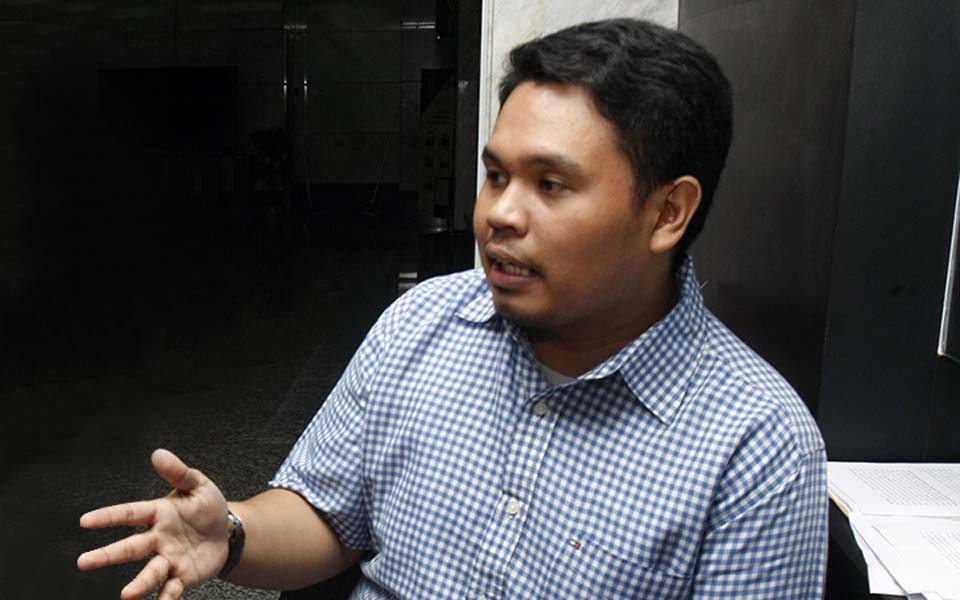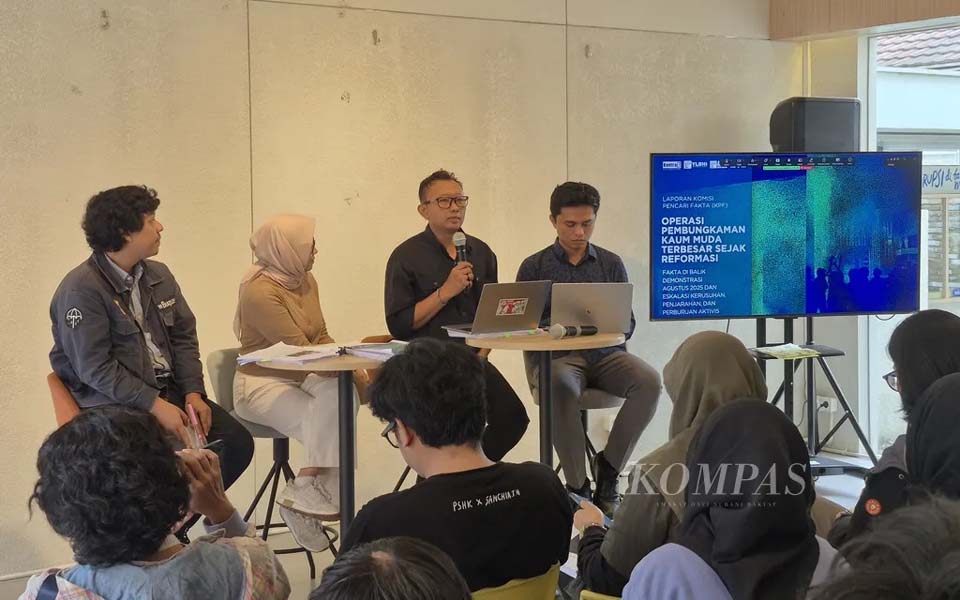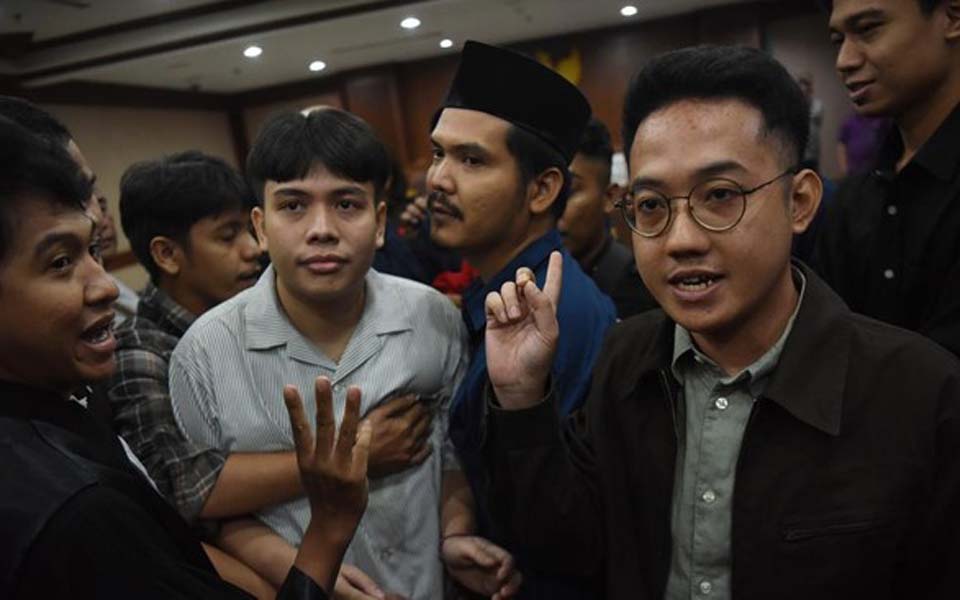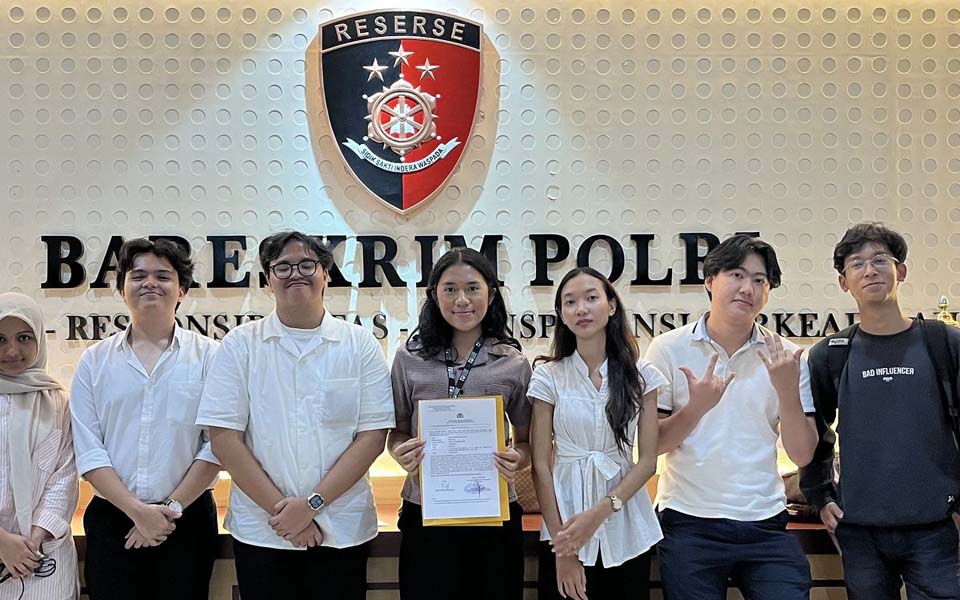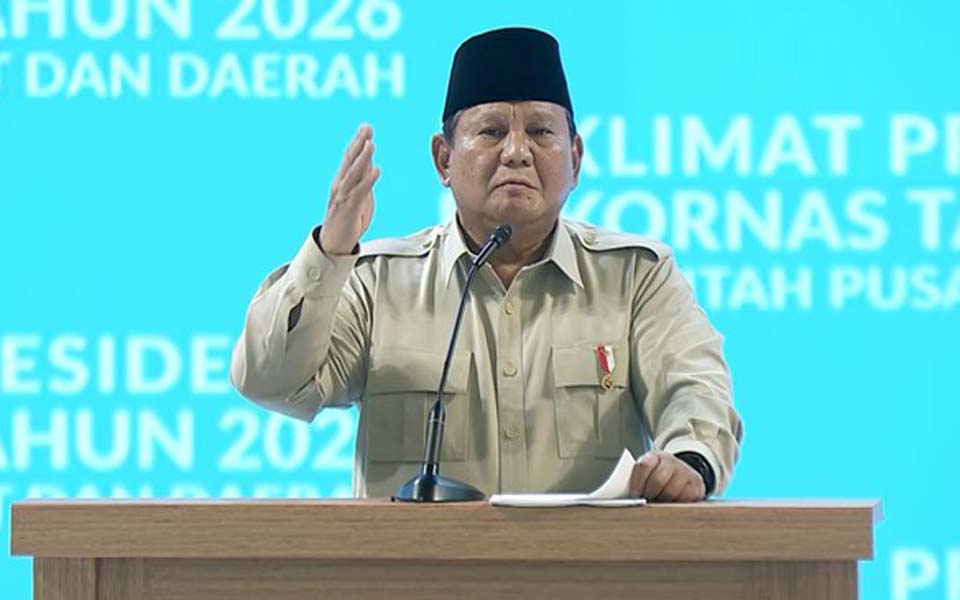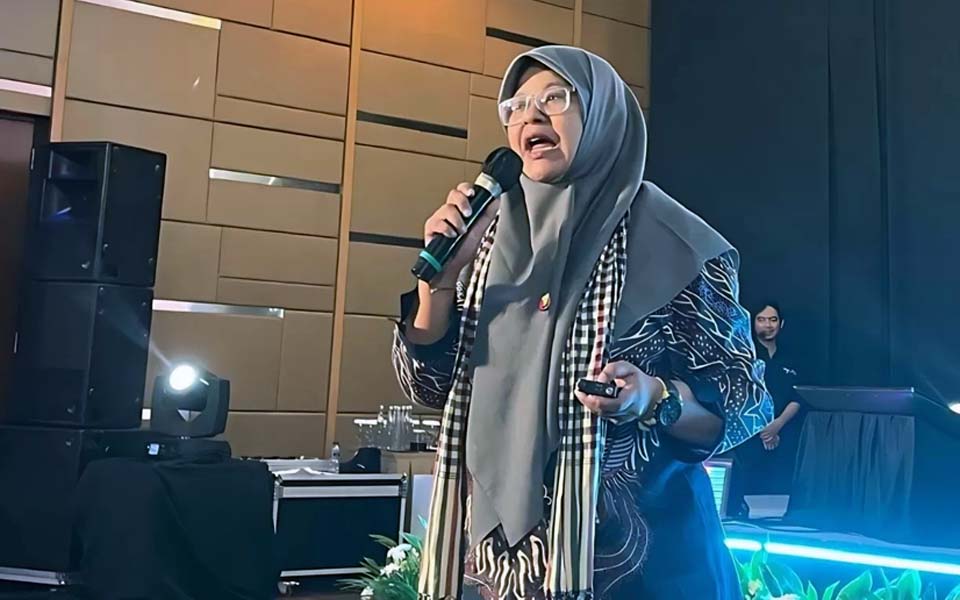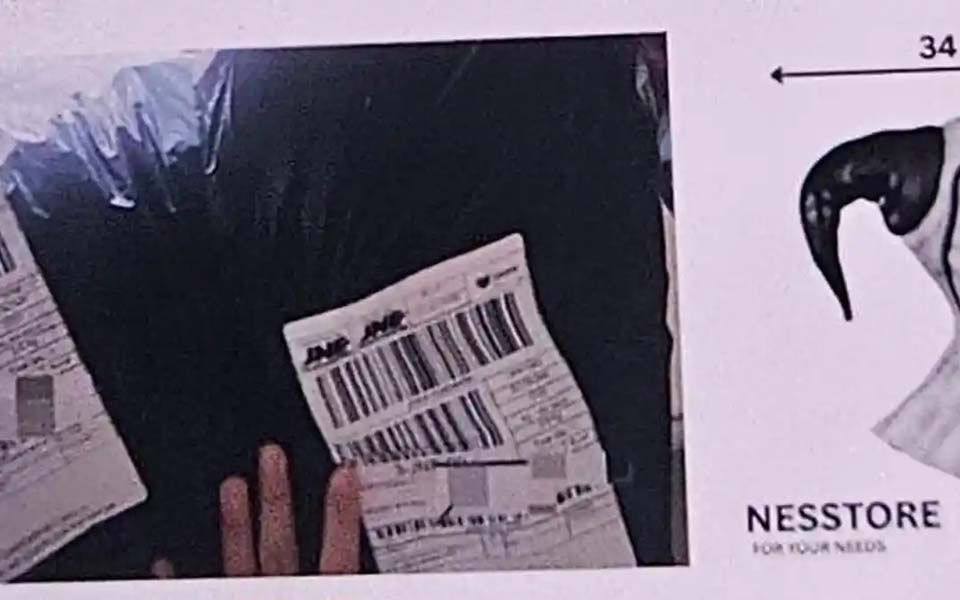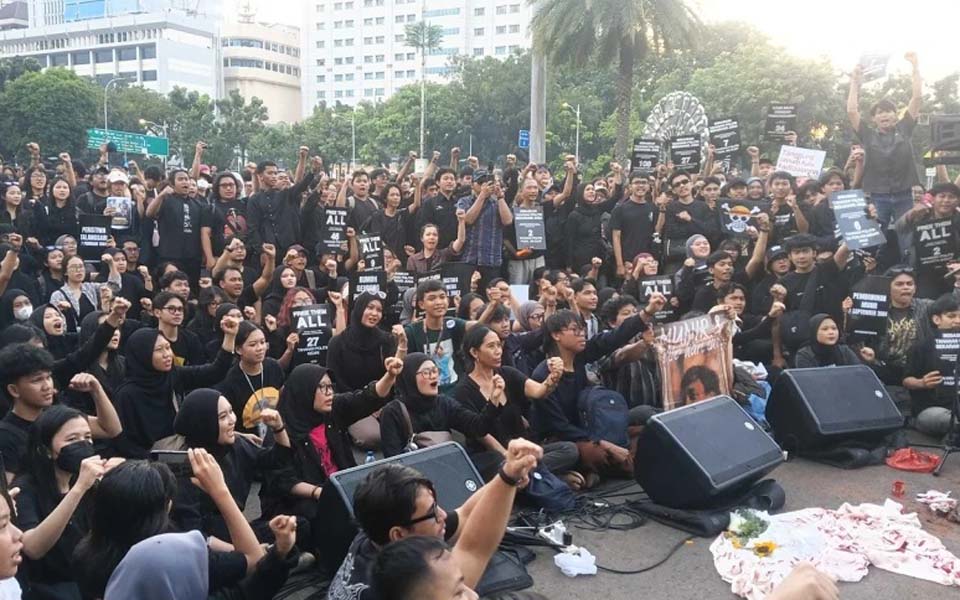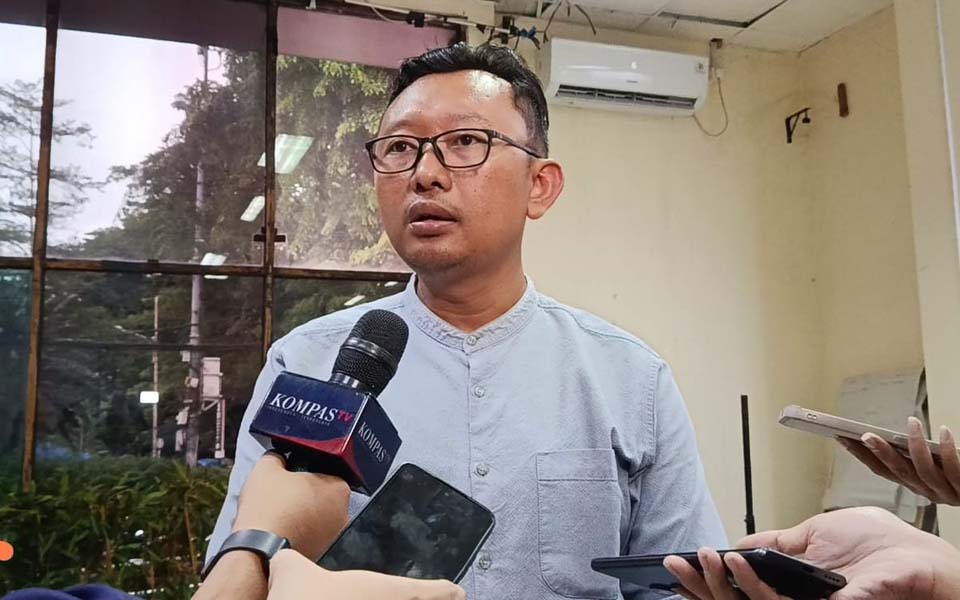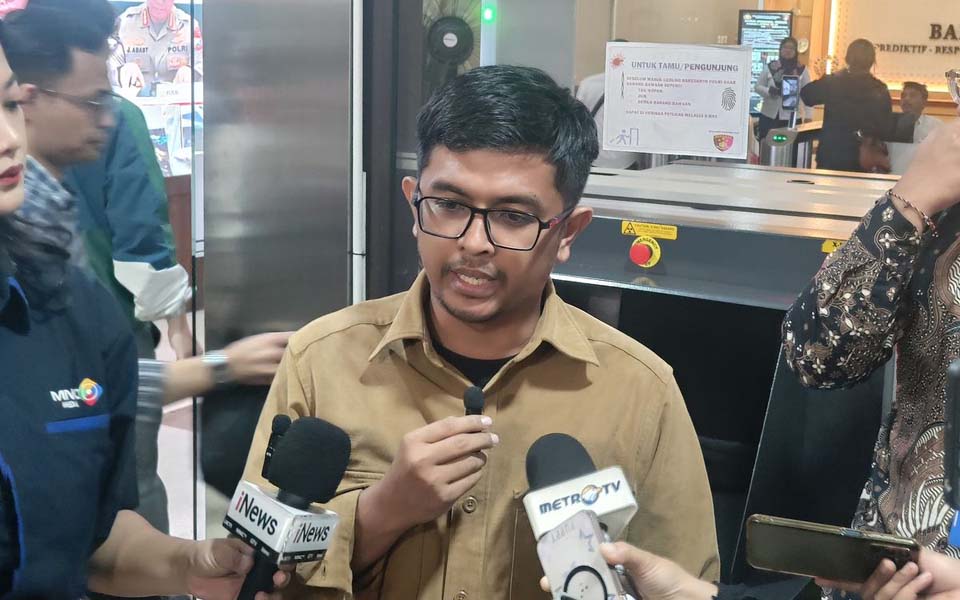Jakarta – The Institute for Criminal Justice Reform (ICJR) says that the Joint Decree (SKB) on Guidelines for Implementing the Information and Electronic Transaction Law (UU ITE), which was recently signed by the government, still contains a number of problematic articles.
In a press release, the ICJR said it is of the view that the problematic articles in the decree provide strong grounds the immediate revision of the law.
The ICJR believes that Article 27 Paragraph (1) of the ITE Law on morality for example is already referred to in Articles 281-282 of the Criminal Code (KUHP) and the Pornography Law.
Yet the guidelines still stipulate that people can be indicted without specifying that the act being prosecuted must be an act involving the transmission, distribution and production of material intended for the public. So the article is still susceptible to being used against the wrong person.
"This still opens the way for the criminalisation of victims of online gender based violence or private or personal correspondence which is not intended for the public or not for commercial needs", said ICJR Executive Director Erasmus Napitupulu in the press release on Thursday June 24.
Then there is Article 29 on cyber-bullying, which the ICJR also believes is still problematic because the article does include provisions specifying it is a complaint offence.
"This article should be a complaint offence because it is directed at an individual person. This must be clarified, especially in future revisions to the ITE Law", he said.
The ICJR also highlighted Article 36 on criminal acts which result in damages to another person.
According to the ICJR, the guidelines do not clarify the role of the police and prosecutors in examining the material damages of a violation which is suffered by a victim as a consequence of Articles 27-34 of the law.
The ICJR says that this is important because in practice this article is often used by police to detain people for crimes subject to less than five years in prison which otherwise cannot be enforced by law.
On the other hand, Napitupulu believes that the guidelines should be used as sign that the law needs to be revised. The guidelines must also be intended as a guide for implementation of the law in the transition period until enactment of revisions to the ITE Law.
"These kinds of guidelines cannot become a habit in responding to basic problems in a law", he said.
"The presence of this guideline must be taken as an important indication [of the need] for revisions to the ITE Law to be immediately discussed by the government and the House of Representatives (DPR)", he added.
Earlier, on Wednesday June 23, the Joint Decree on the ITE Law was signed by Communication and Information Minister Jhony G Plate, Indonesian police chief General Listyo Sigit and Attorney General ST Burhanuddin.
Coordinating Minister for Security, Politics and Legal Affairs (Menko Polhukam) Mahfud MD had earlier revealed that it is hoped that the guidelines can be used so law enforcement related to the ITE Law does not give rise to multiple interpretations and can guarantee a sense of justice for the public.
"While waiting or the limited revisions, the guidelines on implementation which were signed by the three ministers and one ministerial level agency leader can proceed and can provide better protection for the public", said Mahfud. (yla/psp)
[Translated by James Balowski. The original title of the article was "ICJR Kritik SKB Pedoman UU ITE Masih Muat Pasal Bermasalah".]





